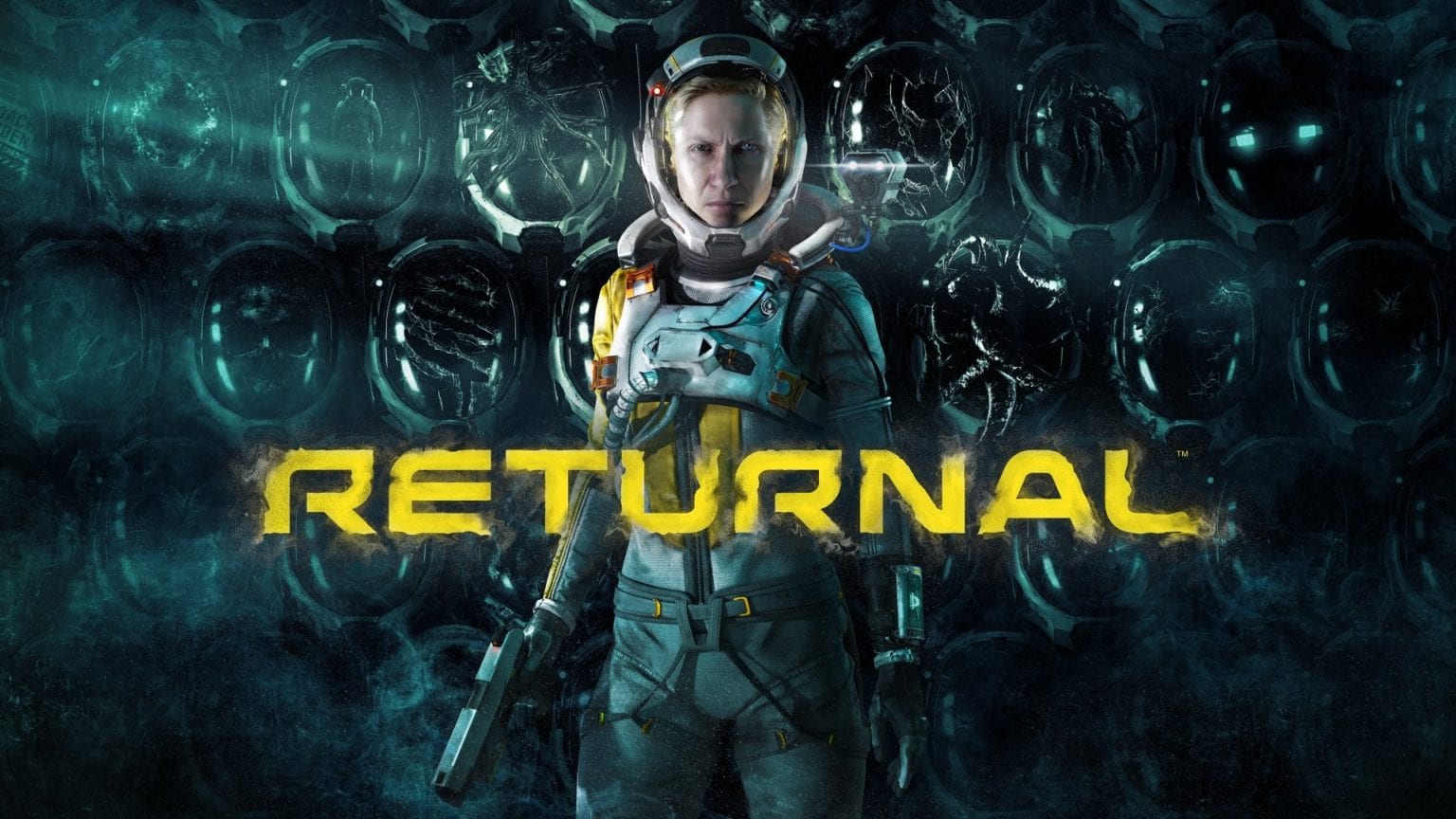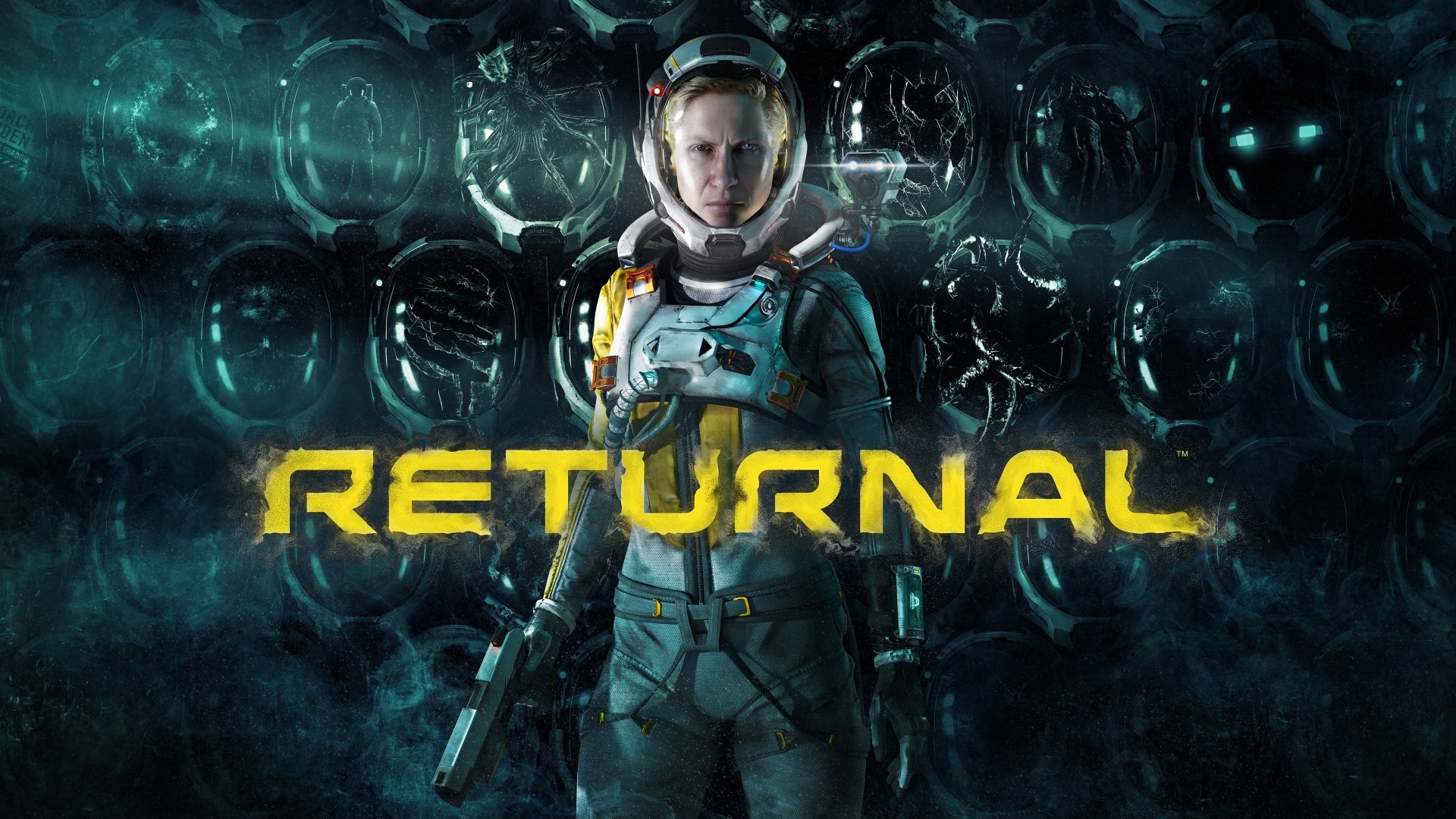Playing video games should be an enjoyable interactive media. Taking a sip from your favorite mug and taste that carbonated lemon-flavored drink. You open a bag of chips, grabbing those cheesy-flavored nachos, stuff them in your mouth, and munch like there’s no tomorrow. Then sit back and relax, grab your DualSense, and importantly, have fun. Housemarque’s latest bullet-hell rogue-lite, Returnal, however, makes you spit out your amazing soda and crush nachos in your hand, and fuel your body with fear, tension, and your mind with determination.
It’s a game that ultimately punishes you when you die. You lose everything you worked hard for, and what’s even amusingly frustrating? You go back from the beginning — even when you turn off your PlayStation 5 (PS5). That’s how Returnal makes you think twice of getting another game that has rogue-like elements.
That may sound annoying and it gives out a red flag to buyers, but Returnal is surprisingly witty and entertaining. The game definitely grows on you, and you may (or may not) forgive its lack of mid-run saves.
For those who are not familiar with the term “roguelike”, it’s a type of gameplay element that’s inspired by the 1980’s game titled ‘Rogue’. These types of games are generally turn-based RPGs with a bit of spice that will make their players highly determined and careful. You will lose all your progress including weapons and upgrades, and pushed back as far as the beginning of time when you die, and that’s what we call permadeath. Plus, games like these will have randomly generated dungeons every time when you pass through a door or portal.
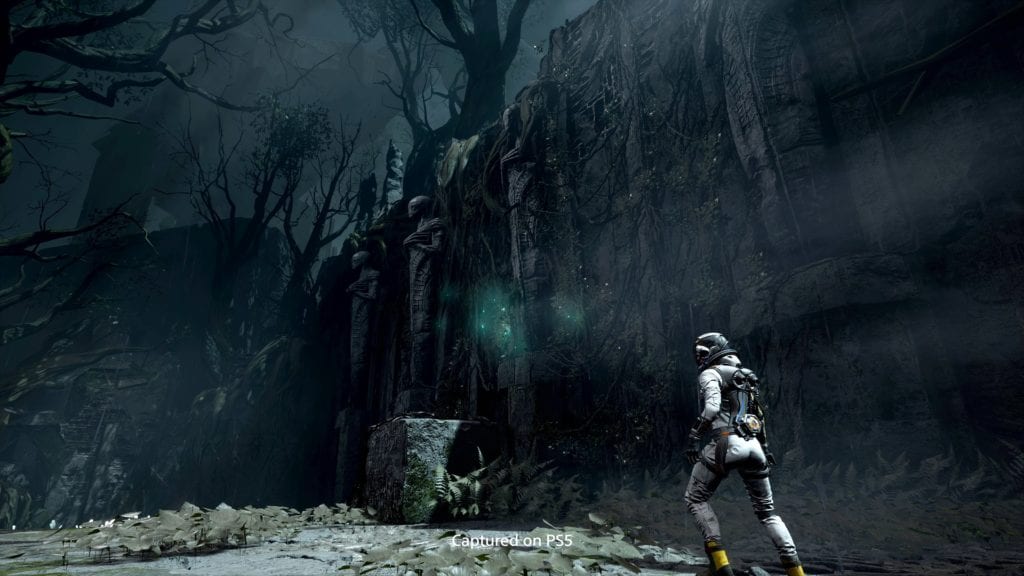
Returnal is what we consider roguelite. It has elements of the original 1980s game but with a bit of twist, which makes the game a little more forgiving than its forefather. There are certain upgrades that players get to bring after they restart a cycle. This makes it easier for players to progress and not hinder their goal of finishing the story. To add, the randomly generated areas can either be beneficial or a shortcut to get where the player died. Players will face more enemies when they go through doors or will be back to where the portal is to the next biome. However, pushing through areas without getting back lost items and upgrades has severe consequences.
After I died, I generally skipped some of the monsters to quickly get back to the second boss (Ixion), and look where that got me — back in the beginning. I died quickly as I wasn’t fully prepared to face Ixion again. Instead of going through the pathway to the portal, I decided to explore Overgrown Ruins to look for more Silphiums to max out my suit’s Integrity. I have to eliminate any enemy entities so I can farm Obolites (in-game currency) to buy the upgrades I’ve lost and healing items.
That sounds taxing and definitely bothersome for others, but that’s the beauty of the game. The challenges it throws at you are far more rewarding to overcome than easily dancing your way through. You have to be careful with your decisions and being overzealous can bring you down.
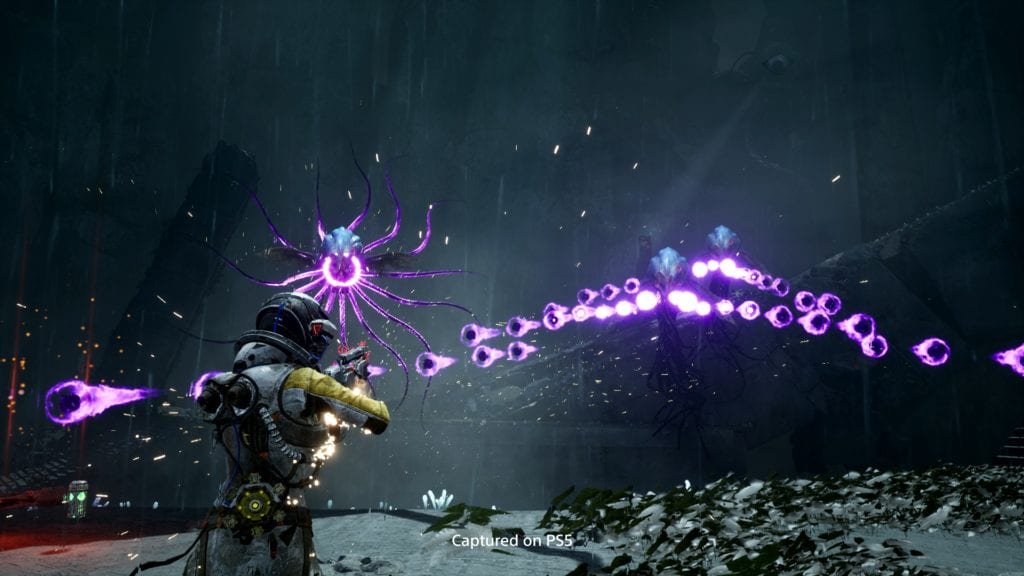
As you’ve already noticed from the game’s trailers, Returnal has bullet-hell elements wherein your enemies barrage you with projectiles and deadly barriers to keep you on your toes. Different enemies with different projectile patterns, making you learn them each cycle.
Knowledge is the best partner here as every time you die (yes, you will die a lot in Returnal), you’re back to square one. But the benefit of that is the “actual” experience you’ve gathered from the previous cycle. It’s like when you’re new in town, you took a bad, awful road on your way to the office. You immediately learn that taking that trail wouldn’t be good for you, so you decide to take another path the next day. It’s like that. Enemies become predictable and easy to defeat, but that changes when you get into a different biome, and you have to start learning the enemy combat patterns once more.
Just imagine a bullet-hell, third-person shooter game with horrible controls and mechanics, you’re going to suffer. The amazing thing about Returnal is its combat and controls. They are overall smooth, Selene is easy to maneuver, and the aim feels so fluid. Engaging with swarms of Kerberon and Kerberonyx in Overgrown Ruins and Proto-Stixera in Echoing Ruins, mowing them down with my all-time favorite weapon, the Hollow Seeker, has never felt so satisfying since DOOM Eternal.
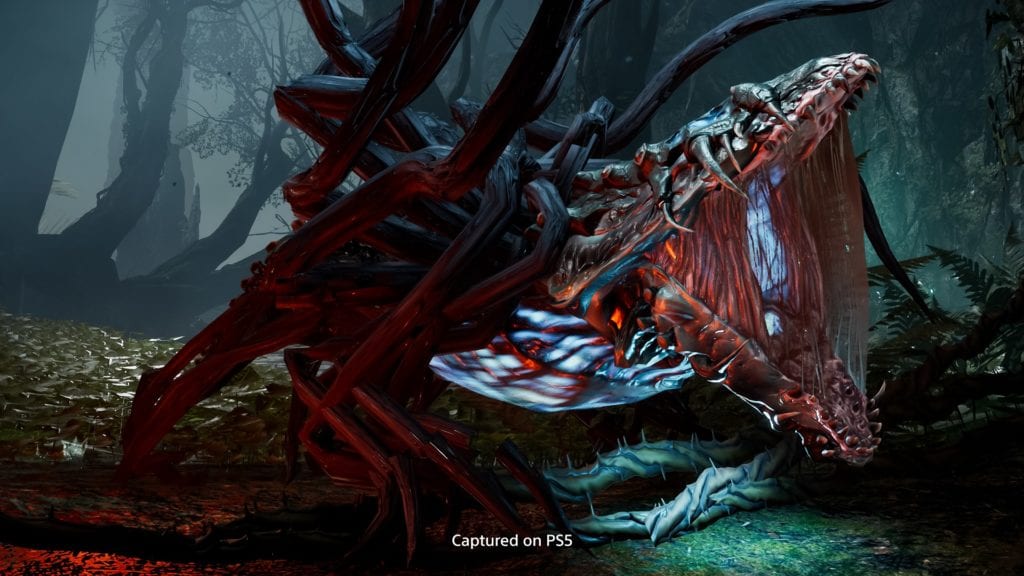
Upgrades are still essential in Returnal. However, some of them you lose when you die. That’s one of the most punishing experiences you get from a game. Just imagine, you’ve worked so hard for your gun’s Weapon Proficiency and lose all of it because an almost undefeatable boss just whips your will and sliced them into tiny bits of pieces in an alien blender. Plus, you will also lose any of the attachable parasites that boost your suit’s integrity with few negative side effects. It’s hard to imagine the level of rage you get when you make the smallest mistake and the game murders you all the way.
While you lose a considerable amount of consumable items and any boosts from parasites you pick up, there are permanent upgrades such as Selene’s Katana (after you defeat the first boss) that can destroy shielded canons and enemies, open pathways covered with tree roots, and the Grappling Hook — which can be unlocked after defeating Ixion, the second boss.
As you further progress into different biomes, defeating hellish bosses that make you scratch your head and eventually your eyes, you get to explore the locked areas that are deemed unexplorable. So unlocking these new tools to get into areas sounds like a metroidvania gameplay element. Because it is. There are secrets to uncover, powerful iterations of your weapons, and even more fantastic Returnal lore.
Returnal is a mix of different types of games. It’s a third-person sci-fi horror with roguelite elements, plus added with innovative combat by adding the bullet-hell formula, and makes replayability worthwhile by adding the metroidvania flavor. There’s a lot of games that remind me of it, but the closest ones that I’ve played are DOOM Eternal for its fluid shooting mechanics and Star Wars Jedi: Fallen Order for some of the most insane boss fights in a game.
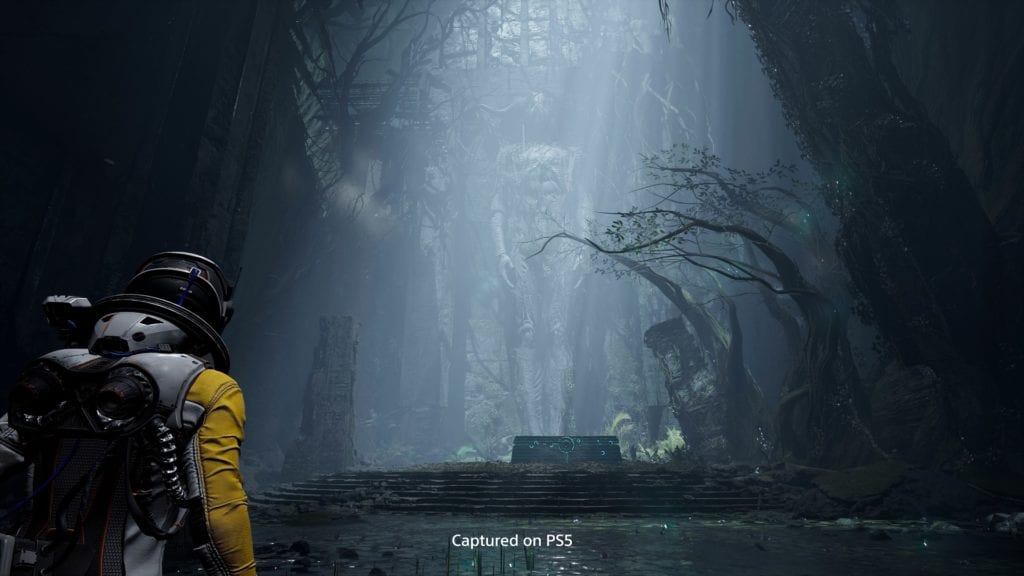
Does Returnal take advantage of the PS5’s full potential? Definitely. This is what I consider to be the real PS5 experience next to SIE Japan Studios’ Astro’s Playroom. While some may consider Insomniac Games’ Marvel’s Spider-Man: Miles Morales for its use of haptic feedback and the adaptive triggers, plus the ray-tracing and 60 frames per second, it doesn’t compare as close as Housemarque’s latest release.
You get to feel the raindrops in your palm with the DualSense, feel that resistance from the R2 button every time you pull the trigger to shoot, the fast load times when you boot the game or after you fast-traveled across the map, 60 frames per second, and the eerie feeling you get after hearing the game’s music and the gnarls of the creatures through the Pulse 3D audio headset. It’s the entire package. Plus, the visuals look fantastic on a 4K screen. I’ve played Returnal on both a 27″ inch 4K monitor and a 55″ inch 4K TV, I would say the best way to experience the game is playing it on a huge screen.
I am not a fan of roguelite and any roguelike games, but after spending time on the planet Atropos with Selene, I began to love Returnal and its peculiar mix of gameplay elements. I may not like its narrative, but Housmarque did a wonderful job of creating such a beautiful game that gives you tons of challenges and replayability. There’s one thing to remember: git-gud.



